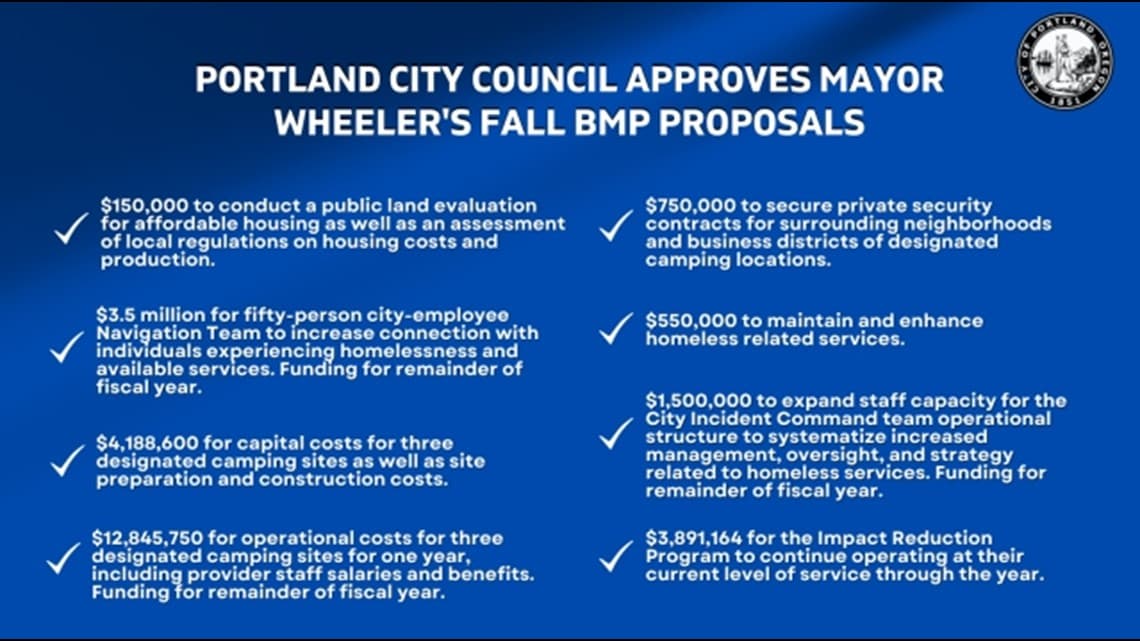Portland Metro's $724 Million Homeless Services Spending Under Scrutiny Amid Effectiveness Concerns

Portland, OR – The Portland metropolitan area allocated over $724 million to homeless services in 2024, a figure that has drawn significant criticism regarding its effectiveness and accountability. A recent report by ECOnorthwest highlighted the substantial spending, prompting questions about the tangible impact on the region's homelessness crisis. This financial commitment has become a focal point of public debate, with some observers questioning where the vast sum is being directed and whether it yields proportional results.
Kevin Dahlgren, a prominent and controversial critic of Portland's approach to homelessness, voiced strong concerns on social media, stating, > "metro spends $724 a YEAR on Homeless services yet the streets are as bad as ever. I have no idea where the money is going. I believe with the proper model we could cut the budget in half and still be more effective. Because if money were the solution, we would’ve solved it by now." Dahlgren, known for his "Truth on the Streets" platform, has consistently argued against what he terms the "homelessness industrial complex."
The ECOnorthwest report, which analyzed funding from local, regional, state, and federal sources across Multnomah, Washington, and Clackamas counties, emphasized the need for better tracking of outcomes. John Tapogna of ECOnorthwest stated that the region "must connect spending to results," advocating for clear metrics such as housing placements and reductions in unsheltered homelessness to inform funding decisions. This sentiment aligns with public and expert calls for greater transparency and measurable success.
While the report underscored the scale of the challenge and the financial investment, it also revealed that Multnomah County, which received the largest portion of the funds, has struggled with spending its allocated budget. In the first three quarters of the last fiscal year, Multnomah County spent only 53% of its $170 million program budget, citing staff recruitment and retention issues. This underutilization of funds further complicates the narrative around the efficacy of the current system.
Dahlgren's critical stance, however, comes with its own complexities. He recently pleaded guilty to first-degree theft, aggravated identity theft, and official misconduct for misusing funds while employed as a homeless services specialist for the city of Gresham. His legal issues have added a layer of controversy to his public criticisms, though his concerns about the system's effectiveness resonate with many residents and some officials.
The debate continues as local leaders and service providers grapple with how to best utilize resources to address the persistent homelessness crisis. Discussions are ongoing about potential changes to the Supportive Housing Services tax, including allowing funds for affordable housing construction and implementing an independent oversight board for enhanced accountability. The focus remains on finding sustainable and effective solutions that can demonstrate clear progress in reducing homelessness across the Portland metro area.